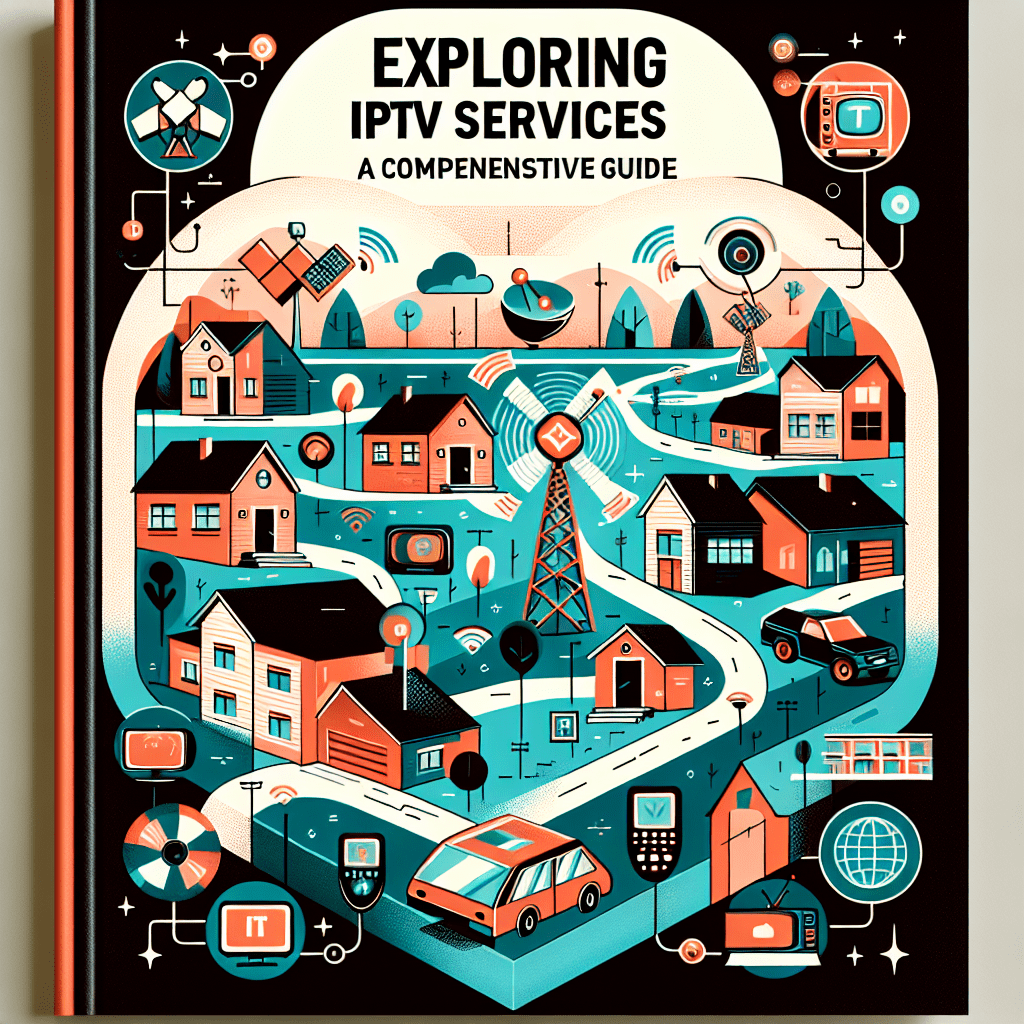===
In an era where healthcare delivery must adapt to the ever-increasing demands of patient-centered care, the 2024 Canadian health data interoperability standards emerge as a beacon of hope. These standards promise to bridge the gaps between disparate healthcare systems, enabling seamless data sharing and collaboration among healthcare providers. With the complexity of today’s healthcare landscape, the need for efficient communication and coordination has never been more crucial. This article delves into how these groundbreaking standards will transform patient care, improve outcomes, and ultimately enhance the overall healthcare experience in Canada.
Advancing Patient Care through Interoperability Standards in 2024
The implementation of the 2024 Canadian interoperability standards is set to revolutionize the way healthcare services are delivered across the nation. At its core, interoperability enables various healthcare systems—ranging from electronic health records (EHRs) to laboratory information systems—to communicate effectively. By standardizing data formats and protocols, these innovations ensure that patient information is not only accessible but also actionable. As a result, healthcare professionals can make informed decisions faster, expediting timely treatment and improving patient outcomes.
Patients frequently encounter delays and discrepancies in their care due to fragmented systems and lack of access to comprehensive health information. The 2024 standards address these challenges by promoting a unified framework that integrates patient data across multiple platforms. This ensures that clinicians have a complete view of a patient’s history, medications, allergies, and treatment plans, leading to more coordinated and effective care. Consequently, the risk of medical errors is diminished, and patients can experience a more streamlined healthcare process.
Furthermore, these interoperability standards facilitate patient engagement and empowerment. With enhanced access to their own health information, patients can take an active role in managing their health, which has been shown to foster better adherence to treatment plans and healthier lifestyle choices. In turn, this shift towards patient-centered care not only improves individual health outcomes but also contributes to the overall efficiency of the healthcare system, creating a virtuous cycle of improvement.
Key Features and Benefits of Canada’s 2024 Standards Integration
One of the standout features of Canada’s 2024 interoperability standards is their emphasis on data security and privacy. In an age where data breaches are alarmingly common, these standards incorporate advanced encryption methods and secure data transmission protocols to protect sensitive patient information. By prioritizing security, healthcare providers can confidently share data, knowing that they are upholding their ethical responsibility while meeting regulatory requirements.
Additionally, these standards promote the use of standardized terminologies and coding systems, which are pivotal for accurate data interpretation and analysis. When different healthcare providers use compatible language and formats, it eliminates confusion and enhances the quality of care. The result is a healthcare ecosystem where information flows freely and accurately between providers, fostering collaboration and enhancing the overall patient experience. This is particularly beneficial in multi-disciplinary settings, where coordinated care is essential for managing complex health issues.
Moreover, the integration of the 2024 standards opens the door to advanced analytics and artificial intelligence applications in healthcare. With standardized data, healthcare organizations can harness big data analytics to identify trends, predict outcomes, and implement evidence-based practices. This data-driven approach not only improves the quality of care but also aids in resource allocation and planning, ensuring that healthcare systems are equipped to meet future demands. By leveraging technology within the framework of interoperability, Canada is poised to lead the way in innovative healthcare solutions.
===
The 2024 Canadian health data interoperability standards represent a transformative leap towards a more integrated, efficient, and patient-centric healthcare system. By enhancing data sharing, improving security, and promoting standardized practices, these standards create a robust framework that addresses the current challenges in healthcare delivery. As healthcare stakeholders—from providers to patients—embrace these changes, the future of Canadian healthcare looks promising and poised for innovation. Explore these standards further to understand how they can revolutionize your healthcare experience and contribute to a healthier future for all Canadians. For those eager to stay ahead in the evolving landscape of healthcare, embracing these standards is not just an option; it’s a necessity.
Exploring 2024’s Innovations in Remote Patient Monitoring in CanadaEnhancing Cybersecurity Protocols in Canada’s 2024 Healthcare SystemExploring Blockchain Applications in Canadian Healthcare 2024Relevant LinkRelevant LinkRelevant LinkManaging Degenerative Disc Disease: The Role of YogaSubmitting Your Web Wrapped Curio: A Step-by-Step GuideStrategic Hiding Spots in Life is Strange Pool SceneRelevant LinkRelevant LinkRelevant LinkExploring the Impact of 40,000 Daily Steps on Weight LossEffective Yoga Poses for Optimal Weight Loss and WellnessComprehensive Reviews of Happy Mammoth Weight Loss ProgramRelevant LinkRelevant LinkRelevant Link




